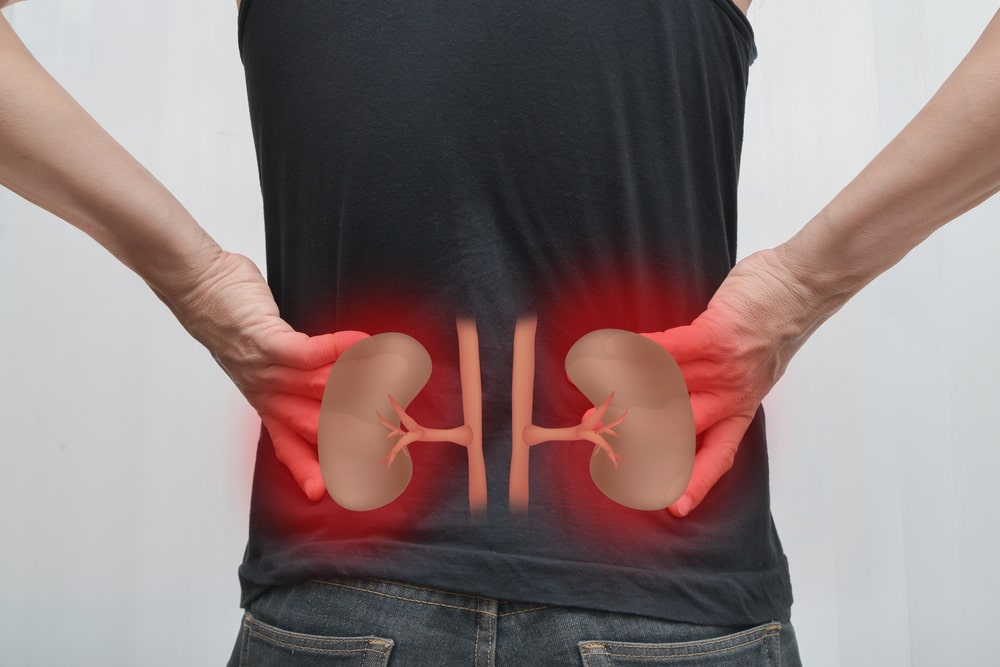Kidney disease occurs when the kidneys get damaged and unable to eliminate waste and fluid from the body, causing them to accumulate. The severity of kidney disease varies across different groups. In India, there are over 175,000 patients on chronic dialysis, and each year approximately 220,000-275,000 new patients require kidney or Renal Replacement Therapy.
Causes of Kidney Failure
Kidney failure is not an abrupt occurrence but rather the result of a gradual loss of kidney function. Kidney injury is caused by severe physical accidents or medical conditions such as diabetes and high blood pressure.
Kidney failure symptoms include frequent urination, bleeding in urine, loss of appetite and weight, swelling legs or feet, tiredness, and shortness of breath.
Dialysis: Purpose and Timing
Dialysis is a recommended procedure for individuals experiencing over 90-95% renal failure. When the kidneys fail or do not function properly, dialysis helps to perform their crucial role of removing waste and fluid from the blood. It can improve mobility, flexibility, overall well-being, reduce dietary restrictions, and contribute to a longer and healthier life. It is worth noting that urine output may still be normal at the start of hemodialysis.
Madhuban Kidney Care provides the world-class facilities for dialysis in Delhi with top urologist in nephrologist.
Answers to Common Queries: Dispelling Myths
Absolutely not. Dialysis allows patients to continue enjoying life. While transplantation may be the best option, those on dialysis can still lead fulfilling lives.
It is important to follow the doctor’s advice regarding the number of dialysis sessions. Adequate dialysis is crucial for appetite, food intake quality, and overall health. Insufficient dialysis can result in appetite loss, weight loss, anemia, and breathing difficulties.
Hemodialysis involves the removal of blood from the body through an access point, which then passes through a dialysis machine for filtration before being returned to the body.
Hemodialysis involves the removal of blood from the body through an Regular tests help monitor and adjust medications as needed. Proper care and management can help reduce complications.access point, which then passes through a dialysis machine for filtration before being returned to the body.
Daily fluid intake should be around 600 ml in addition to urine output. For example, if urine output is 200 ml per day, you can drink up to 800 ml per day. This includes all types of fluids like coffee, tea, soups, and dal.
No, not all. Certain food items rich in potassium, sodium, and phosphorus should be restricted as an excess intake can have negative effects on the body.
You can keep 3 grams (half tablespoon) of salt separately and add it gradually during meals. Avoid packaged foods such as meat, yeast, salted chips, biscuits, nuts, popcorn, papad, pickles, soft drinks, cocoa, as they are high in sodium content.
Muscle cramps can occur when fluid removal is excessive during dialysis. It is important to inform your doctor about this issue. Reducing weight gain between dialysis sessions can help minimize fluid removal and prevent cramps and hypotension.
Feeling extremely thirsty may indicate that you are trying to stay within your fluid limits. Several tips can help manage this, such as reducing salt in your diet, checking food labels for sodium content, sucking on ice instead of drinking, chewing gum or hard candy, and rinsing your mouth with water or mouthwash without swallowing.
Maintaining emotional well-being is crucial. Reach out to a dialysis social worker or your doctor to explore counseling or medication options that may be beneficial. Seek support from your life partner, family members, friends, and other patients who can provide understanding and encouragement.
Certainly! You can continue working, but consider the physical demands of your job. If it involves heavy lifting, digging, or driving, you may need to explore alternative job options that are more compatible with your condition. Additionally, you can discuss with your employer the possibility of adjusting your work schedule to accommodate your dialysis treatments.
Absolutely! You can still enjoy travel experiences. Remember to manage your fluid intake appropriately during your journey. Arrange for dialysis treatments at a nearby location to your destination in advance. If you prefer air travel, consult your doctor before your trip. It is advisable to undergo dialysis on the day before your travel for convenience and preparation.


